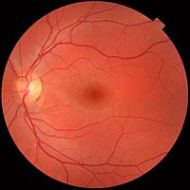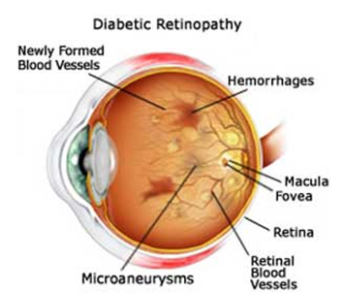Cataract surgery with ‘eye-drop anaesthesia’
No injection, No pain, No eyepad.
What is cataract surgery with ‘eye-drop anaesthesia’?
Since the 1980’s, cataract surgery has required the injection of an anesthetic near the eye. Now advances in surgical techniques and technology have made it possible to perform the surgery using eyedrops alone to make the eye numb.
What are the main advantages of not injecting the anaesthetic?
-
The pain of an injection near the eye is avoided.
-
Potential common complications associated with the injection such as injury to blood vessels around the eye, injury to eye muscles or lid muscles are avoided.
-
The rare but potentially serious complications such as perforation of the eye, injury to the optic nerve, misdirected injection into a blood vessel are also avoided.
Is it safe for patients with heart disease?
Yes, it is safer for patients who have irregular heartbeats as the pain and anxiety of the injection can alter the heart rhythm in such patients. We monitor the heart rate and ecg and oxygenation of the patient throughout the procedure and we find that there are very few changes during the surgery with eye drop anaesthesia.
Do the patient’s eyes move during the operation?
Yes, the patients can move their eyes during the operation. The surgeon however is operating with two instruments and can stabilize the eye during the operation.
Can I speak during the operation if I am uncomfortable?
Yes, you can tell us immediately if you have any problem. In fact your surgeon will talk to you throughout the surgery and tell you what you will feel next.
Why is a pad not applied at the end of surgery with eye drop anaesthesia?
Since the eye muscles are not immobilised, the recovery from anaesthesia is immediate. So there is no need to apply a pad on your way home, all you need is a pair of sun glasses.
More importantly, you can start using anti-infectives and anti-inflammatory eye-drops early in the post-operative period. This helps prevent complications and improves surgical outcomes.
Are all doctors operating by this method?
A survey of members of the American Society of Cataract and Refractive Surgeons revealed that the surgeons using eye-drop anaesthesia had increased from 45% in 1999 to 70% in 2008. At Oculus Eye Hospital 99% cataract surgeries are done with eye drop anaesthesia.
Dr. Jagruti Desai
Oculus Eye Hospital
Tel. 26202369, 9819983158







